
The Human in the Equation
A reflection on how human experience—memory, agency, language, and narrative—shapes the frameworks we build, and what that means for time, causality, and the limits of physics as a “mirror” of reality.
Page 2 of 12 | Posts 11-20 of 119 posts
From first principles to practice.

A reflection on how human experience—memory, agency, language, and narrative—shapes the frameworks we build, and what that means for time, causality, and the limits of physics as a “mirror” of reality.

An essay on why symmetry comforts the mind, how science and mathematics chase invariance, and why asymmetry—through breaking, chirality, primes, and time’s arrow—is the texture that makes life and meaning possible.
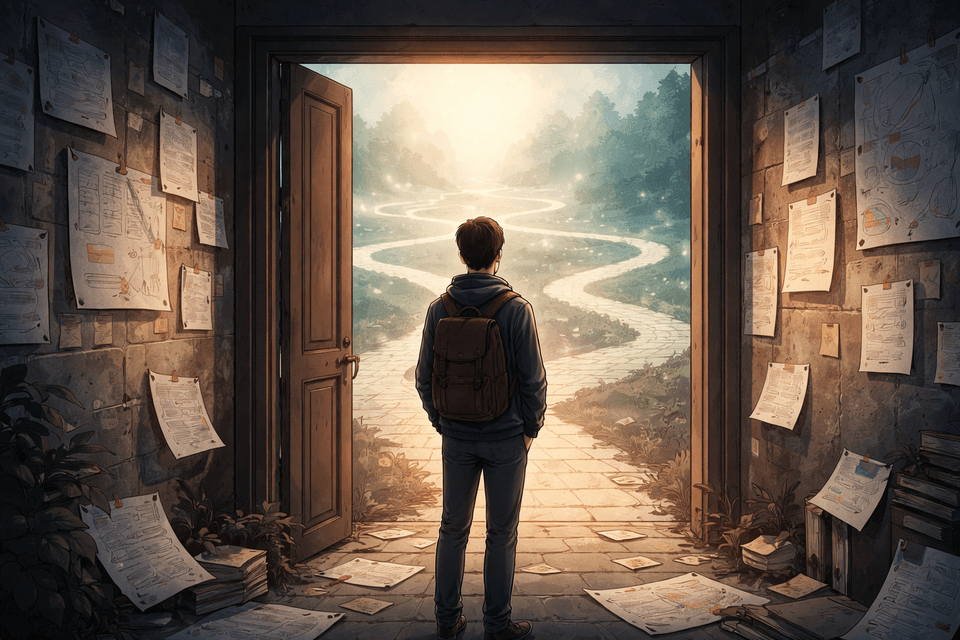
A meditation on how overthinking disguises itself as wisdom, and how clarity is more often earned through small, reversible steps than discovered through perfect plans.

Returning to Arch Linux becomes a reminder that good systems don’t shout: they simplify, sharpen, and get out of the way. Through that lens, this post reflects on resisting feature-bloat, and shares quiet quality-of-life updates to Valeon and GigFin.
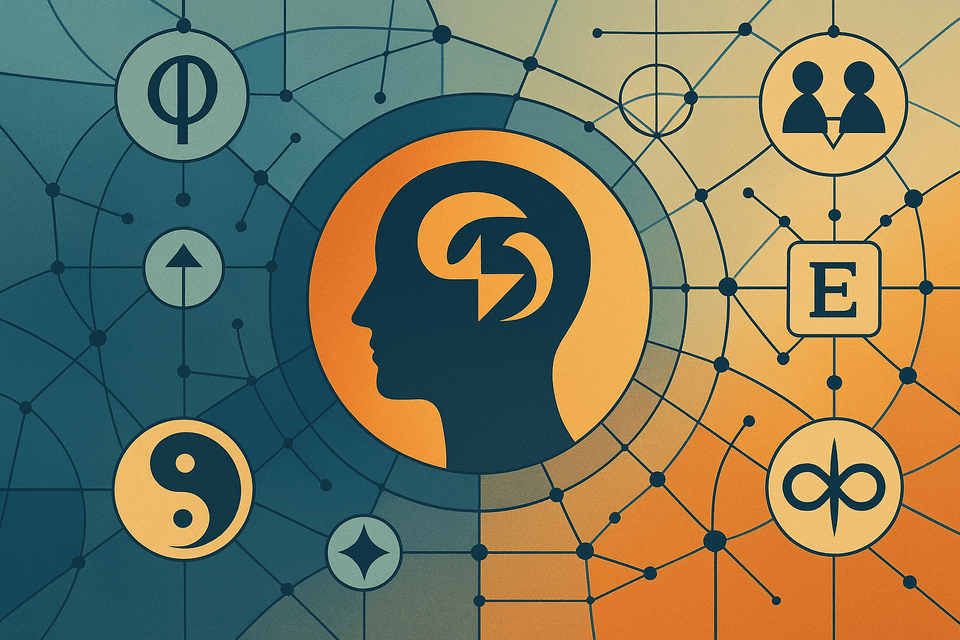
A guided walk from Jung’s Psychological Types to MBTI and onward into Socionics—information metabolism, Model A, and why type is less a label than a relational architecture.

An introduction to GigFin, a free and open source income tracking app built for gig workers navigating multiple platforms and seeking clearer insight into their earnings.
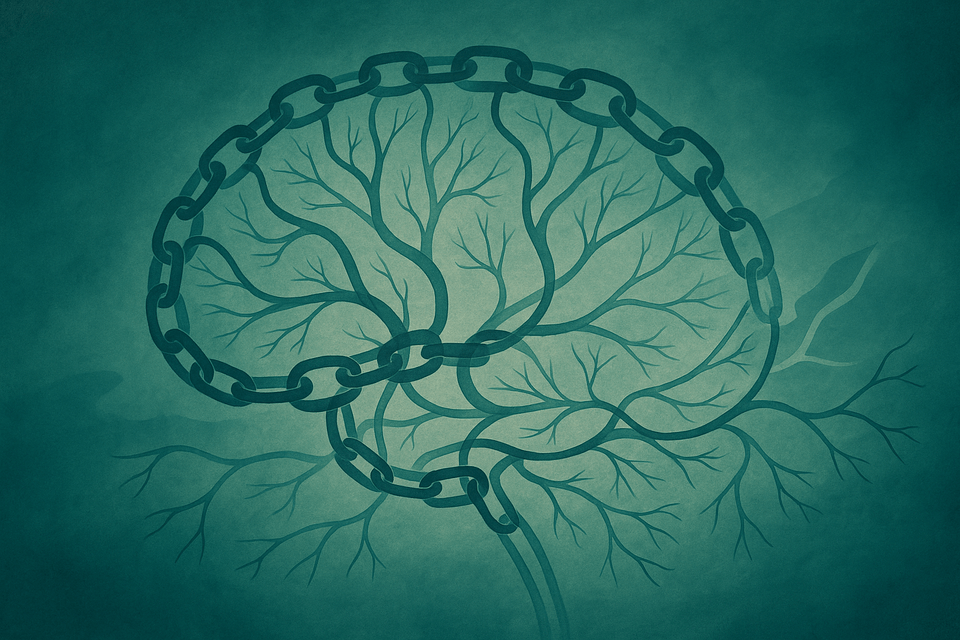
An exploration of the invisible chains that link our thoughts, emotions, and assumptions, and how becoming aware of them can reshape how we see ourselves and the world.

An exploration of how hacking and exploit markets serve not only criminals but also governments, intelligence institutions, and security companies that quietly purchase and weaponise systemic insecurity.
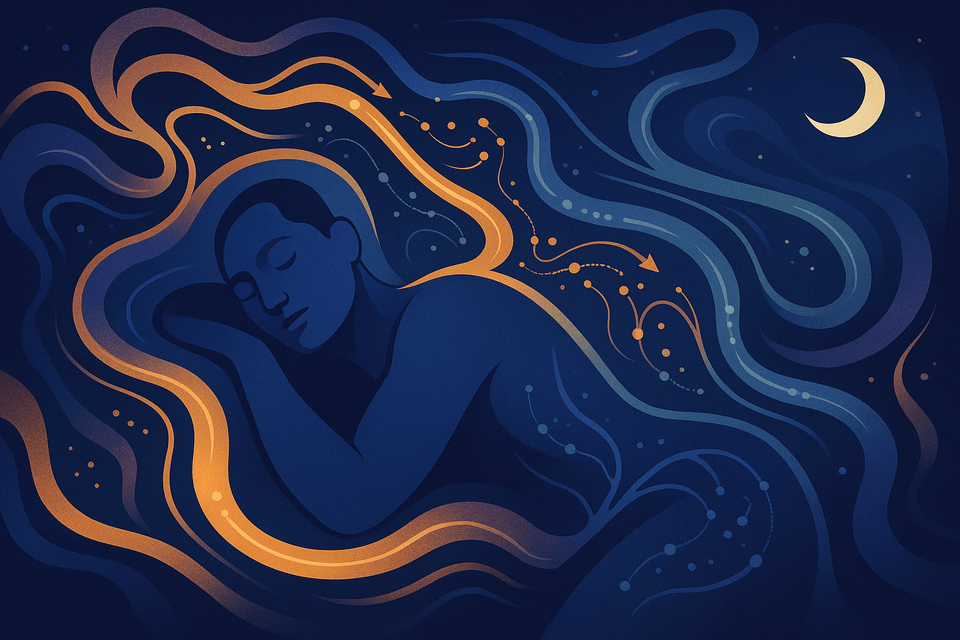
A contemplative exploration of fasting as a metabolic pause that lowers insulin, awakens glucagon and ketones, and gives the liver, brain, and cells the time and space they need to repair.
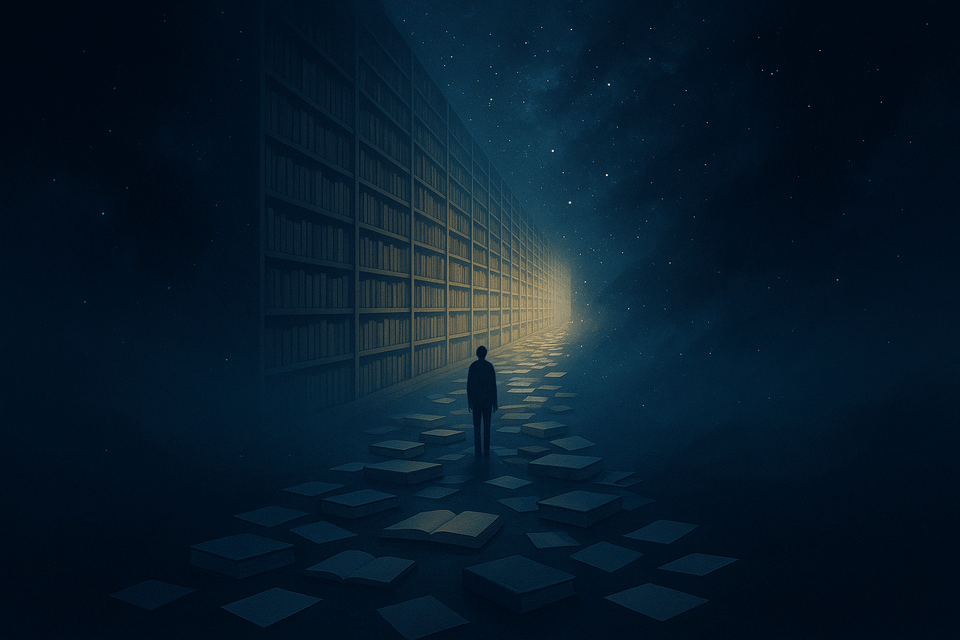
A reflection on the finite life of the knower against the seemingly unbounded horizon of knowledge, and on what it means to keep learning and speaking in the face of that tension.